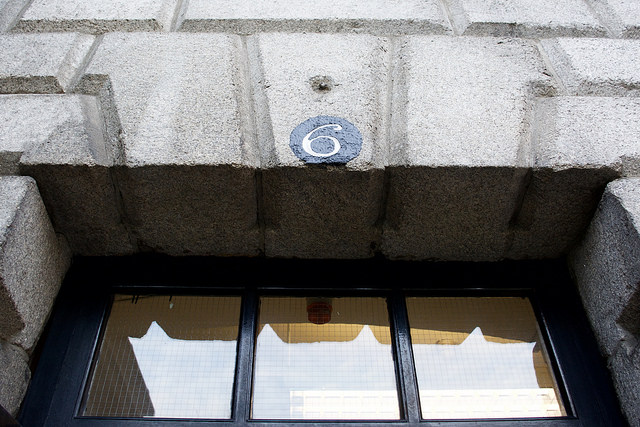Trinity’s Capital Resource Group has approved over €2 million in funding to make College more accessible to people with disabilities.
The funding comes as part of phase two of the Universal Access Programme, which will see Estates and Facilities work with the Disability Service to ensure that all current and future buildings are accessible to the entire student population.
House Six, the home of the Trinity College Dublin Students’ Union (TCDSU), The University Times, Trinity Publications and the Central Societies Committee is one of the buildings earmarked for an accessibility upgrade.
In a press release, the Trinity Disability Service said the news represents “a substantial investment in making Trinity a more inclusive and accessible university.”
The plans include making all floors of the building accessible.
Additionally, College will expand upon the feasibility study performed by the TCDSU and the CSC in 2019 and also determine whether the Union should remain in House Six after the new student centre is built.
The news comes within a week of TCDSU council passing a motion to lobby College to carry out a feasibility study into making the building accessible to all students
Other buildings already identified for improvement include the 1937 Reading Room, the Samuel Beckett Theatre, the Provost’s House, the Graduates Memorial Building and Seomra na Gaeilge.
The Capital Resource Group also approved several projects funded through the Higher Education Authority (HEA). The resources for these projects were secured via an application to the European Social Fund’s Fund for Students with Disabilities.
The first initiative supported by the HEA is the Sensory Processing Project, which aims to make Trinity’s college experience more accessible to students with sensory processing difficulties.
The university plans to research the experiences of College students living with a range of disabilities under the umbrella of sensory processing difficulties.
Additionally, the funding will enable affected students to engage more fully with college life through the creation of more inclusive on-campus locations “from a sensory perspective”, as well as the introduction of more specific support services.
Finally, the same funding will support a joint Physical Access Improvements Project with associate college, Marino Institute of Education. Similar to the Universal Access Programme, the initiative will seek to improve the accessibility of all of Trinity’s buildings.







